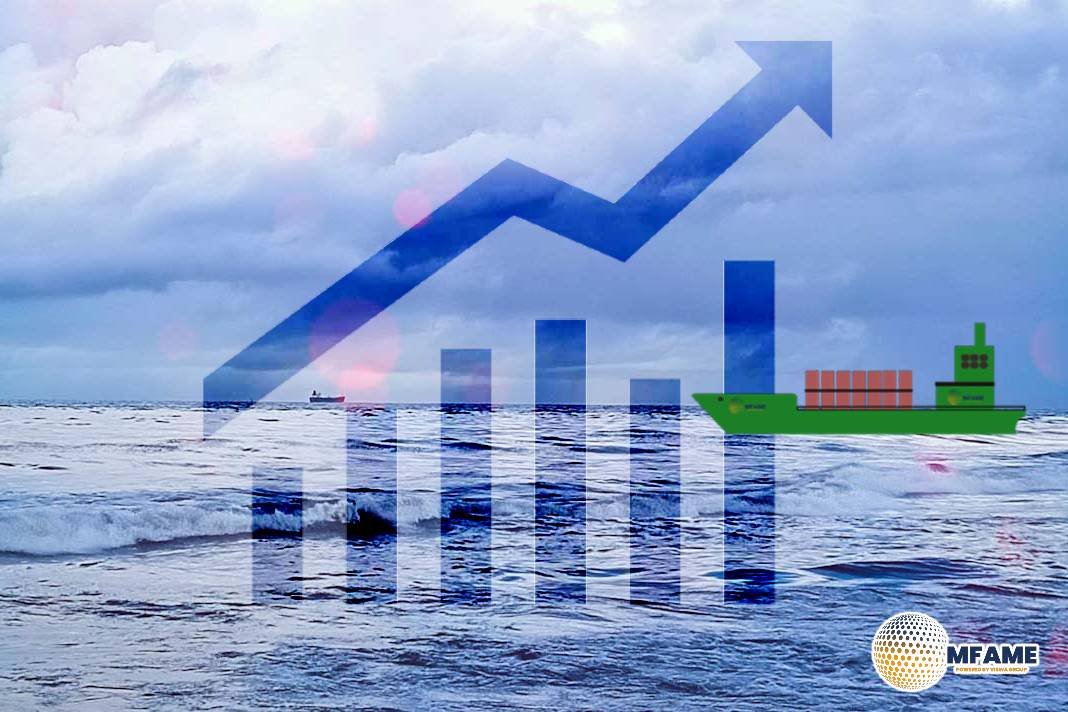- Despite Houthi militants’ announcement to halt most attacks, safety concerns in the Red Sea persist.
- Japan’s Mitsui O.S.K. Lines (MOL) and NYK Line closely monitor safety conditions, delaying Red Sea navigation resumption.
- A gradual shift back to the Suez Canal route is expected, with freight rates projected to decline by at least 10%.
Safety concerns in the Red Sea region remain a critical issue for shipping operators, insurers, and cargo recipients, as recent developments suggest cautious optimism amid geopolitical tensions and shifting transit dynamics, reports SP Global.
Houthi’s Announcement and Persistent Risks
Houthis declared a major pullout from attacks on non-Israeli-linked ships as part of the Gaza ceasefire deal.
Attacks may still target Israeli-linked vessels until all phases of the ceasefire are fully implemented, which could take years.
The Joint War Committee continues to classify the Red Sea as a high-risk area, impacting insurance premiums and shipment feasibility.
Japan’s Leading Shipping Operators Exercise Caution
Mitsui O.S.K. Lines (MOL) and NYK Line have yet to resume Red Sea navigation, citing safety concerns.
Both companies actively monitor the situation but remain cautious despite reduced threat levels.
Impact on Shipping and Freight Trends
Due to security concerns, oil and LNG transits via the Red Sea and Suez Canal have sharply declined since 2023.
A gradual shift back to the Suez Canal from the Cape of Good Hope route is anticipated, with freight rates expected to drop by 10% for Persian Gulf-Europe routes.
Economic Benefits of the Suez Canal Route
The Suez Canal offers shorter transit times, cutting LR tanker voyages by up to two weeks.
Despite higher canal fees, reduced bunker fuel consumption lowers overall costs.
The Suez Canal route provides a $200,000 discount over Cape of Good Hope freight rates.
Did you subscribe to our daily Newsletter?
It’s Free Click here to Subscribe!
Source: SP Global























